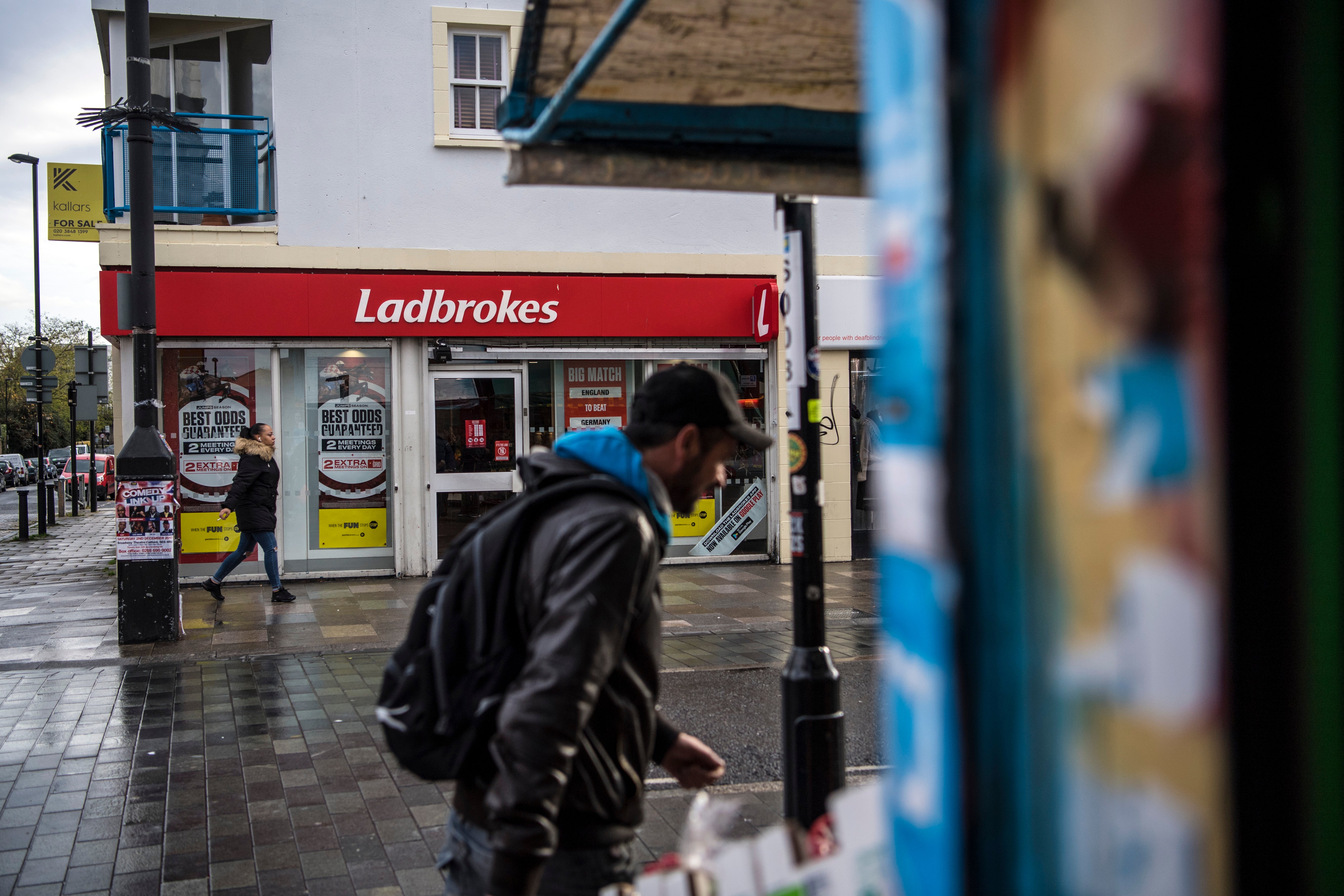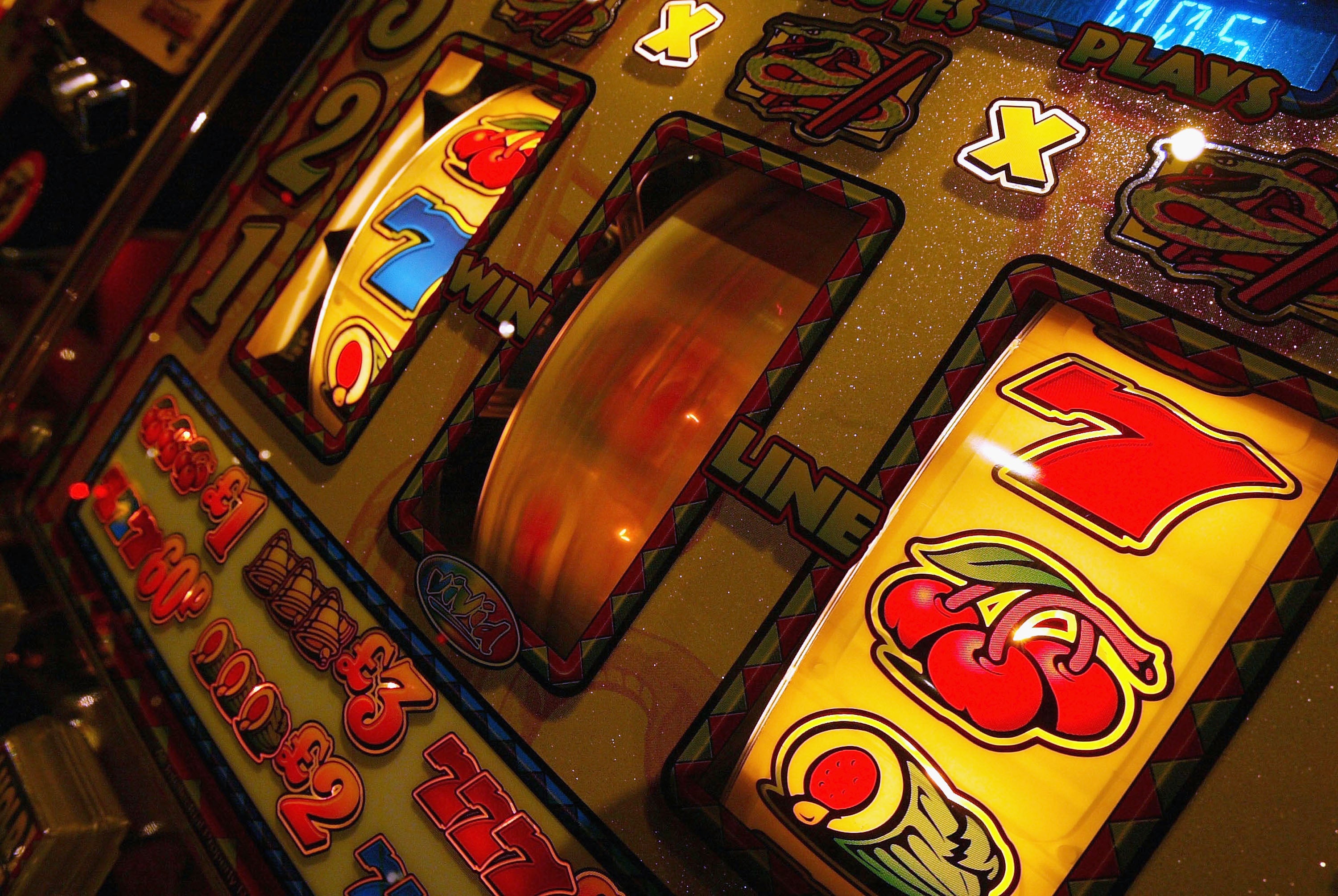Systemic racism and poverty increases gambling risk among ethnic minorities, warns landmark report
‘I felt guilty for gambling (but) ... I wanna be financially comfortable,’ one Muslim man told researchers

Your support helps us to tell the story
From reproductive rights to climate change to Big Tech, The Independent is on the ground when the story is developing. Whether it's investigating the financials of Elon Musk's pro-Trump PAC or producing our latest documentary, 'The A Word', which shines a light on the American women fighting for reproductive rights, we know how important it is to parse out the facts from the messaging.
At such a critical moment in US history, we need reporters on the ground. Your donation allows us to keep sending journalists to speak to both sides of the story.
The Independent is trusted by Americans across the entire political spectrum. And unlike many other quality news outlets, we choose not to lock Americans out of our reporting and analysis with paywalls. We believe quality journalism should be available to everyone, paid for by those who can afford it.
Your support makes all the difference.Black and Asian people face a heightened risk of falling prey to gambling due to systemic racism, a landmark report suggests.
The uneven playing field was laid bare in the UK’s first major research about gambling struggles within ethnic minority communities.
Entitled ‘Lived experiences of gambling, gambling-related harms, and crime within ethnic minority communities’, the report highlights how the path into the betting underworld is often related to trauma and stress. Some view gambling as a normal response to structural, social, and economic disadvantages, the report states.
Published by the Commission on Crime and Gambling Related Harms, it found that people moving to the UK where gambling is normalised entrenched the inequalities they faced.
“The experiences of people from ethnic minority communities in relation to gambling, gambling-related harms and crime have been overlooked for too long,” Lord Goldsmith KC, chair of the Commission on Crime and Gambling Related Harms, said.
“The findings from this study provide unique insight into how the inequalities and social, economic and cultural factors faced by people in ethnic minority communities critically impact their relationships with gambling and their experiences of gambling-related harms and crime,” he continued.
“But they also draw further attention to a common theme that we have seen in other research projects undertaken for the commission – a lack of understanding and action at all stages of the criminal justice system. We are grateful to all participants for their contribution in bringing these issues to light.”
Participants in the study highlighted gambling as a mode of “escapism from the day-to-day … all of the racism,” the report reveals, as well as other experiences of trauma and stress.
“Some participants viewed gambling as a normalised response to structural, social, and economic disadvantage.”
The report considers evidence gathered from interviews with people with experience of gambling and crime, organisations concerned with the issues and focus groups held inside a Category B men’s prison.
But the findings also highlight a lack of understanding of the issue within the criminal justice system. Participants spoke about a lack of support for people from arrest, prosecution, sentencing and afterwards.

Co-produced by a team comprising people with experience of crime and gambling, academics at three universities, and colleagues from Betknowmore UK and We Fight Fraud, it is the last in a series of research reports published by the commission set up by the Howard League for Penal Reform in 2019.
The research recognises ethnic minority communities are diverse and there is no single ethnic minority experience.
One Muslim interviewee, Mazz, told researchers his gambling started when he was 18 years old and led to him turning to crime which resulted in a prison sentence related to betting.
He had regarded gambling as a way to escape poverty and secure independence. However, this dream was never realised and his gambling spiralled out of control.
“It’s against our religion … I felt guilty for gambling,” Mazz explained. “(During) My childhood we were on the lower side of the poor and as soon as I saw an advert (relating to gambling) like that, you know, where you’re getting money for free, you know at the age of 18 you think…
“I would always try to kind of have so much money to have a kind of, the comfortability in life. My only ambition in life was to be a dad and to be married. I wanna be financially comfortable, so I can provide for my (family), I started realising I’m gambling a hell of a lot and the amount that I’m gambling is gradually increasing over time as well, from the £10, to like now a 100 to 200 to so on so forth, thousands.
“It just got worse and worse from there.”

Researchers found that a range of factors - such as race, ethnicity, class, culture, religion, migration, immigration status, mental health and gender - were critical in people’s experiences of gambling, crime, and the criminal justice system, as well as getting help.
Participants in the study had diverse accounts of their own journeys to gambling, with some growing up around gambling as a “normal” activity in their family or peer group, while for others it was culturally forbidden.
The report reveals a lack of understanding of gambling-related harm and inadequate provision of support in the criminal justice system.
Some explained how prison limited people’s ability to gamble but posed risks for others, due to “social” gambling activities such as card games and dominoes.
The report calls for further research about gambling-related harm and greater awareness of the problem within ethnic minority communities.



Join our commenting forum
Join thought-provoking conversations, follow other Independent readers and see their replies
Comments